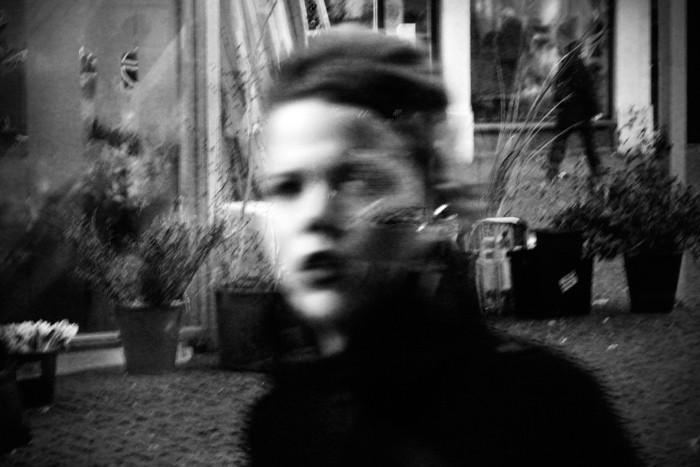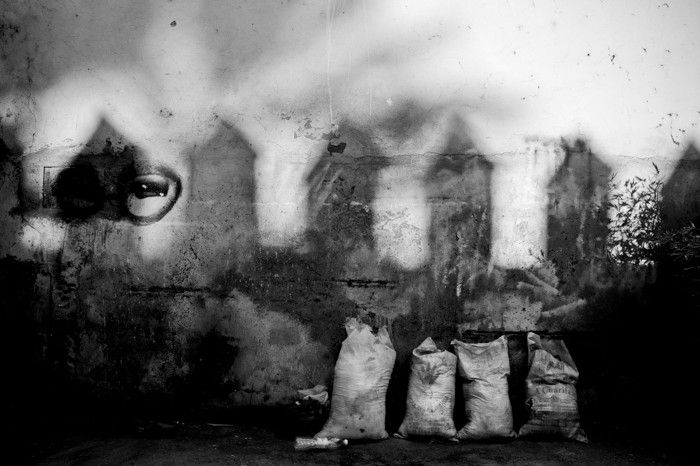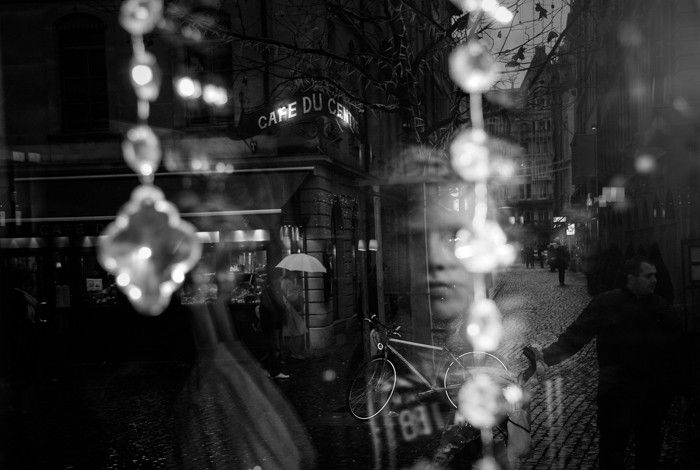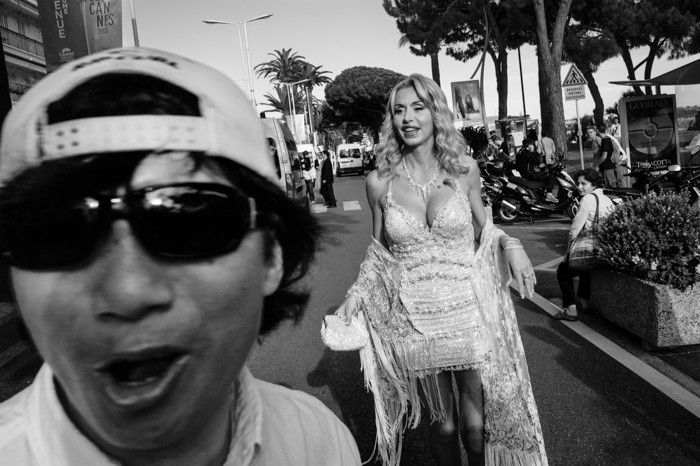blog
Interview with photographer Alison McCauley

F-Stop Magazine: How did you first become involved in photography and what led to you working in this medium as an artist?
Alison McCauley: I studied painting at university and I was a painter for almost twenty years. Towards the end of this period (in about 2006) I became much more interested in photography than in painting. I was tired of the way painting isolated me. Photography allowed me to continue to express myself visually but I could also connect directly with my surroundings and with the people that interested and inspired me.
F-Stop: The Black and White Issue (2015) of F-Stop Magazine includes images from your project “anywhere but here”, can you tell us about this project? What led to creating it?
AM: It’s a series that has grown very slowly and quite organically. The images attempt to express the restless feeling that the place I’m in isn’t where I should be and that the next location will be better. As someone who has always moved around, I am very interested in the idea of belonging to a country or a community. This is a feeling that I’ve never had and, although I feel like I’m supposed belong somewhere, I don’t want to. If I had this feeling of belonging, I wouldn’t have a reason to keep wondering about it. The geographical and temporal reference points in the photographs are blurred because the work isn’t about the location or time, but about a state-of-mind. There’s no real beginning and I don’t think there will be an end. The work comes from reality, but it’s a reality that’s distorted by subjectivity.

F-Stop: Can you discuss your process for making these images or your creative process more generally? How does making this work compare to your other projects? How do you choose what to photograph, what are you looking to capture?
AM: Most of my other projects are “about” a well-defined issue, idea or subject. This project is more personal, subjective, and open-ended. The process isn’t deliberate. It’s very instinctive. I never set off thinking that I will take pictures for the series; they seem to happen in moments when my mood and the scene in front of me are in sync. Sometimes the photograph is taken in a different context and later when I’m editing, I may feel that it has the right mood and that it should be part of the project.
F-Stop: What do you hope people see or feel or perhaps learn when they look at your photographs?
AM: When viewers look at these photographs, I hope they feel an emotional connection to the work. I don’t think that they need to know my reasons for making the work, but I want them to feel that I have exposed something about myself through the photographs.
F-Stop: Do you have a favorite image in this series? If so, which one and why is it the image that speaks to you most?
AM: This is my favorite image from the series:

anywhere but here
This is one of the oldest photographs from the series. I took it in 2008. I enjoy the layers and the gloomy, ghostly feel, but my main reason for picking this one is because this was the photograph that helped me to understand what I wanted to express with this series.
F-Stop: What is it about this image that clarified the project for you?
AM: I’ve always struggled to photograph here in Geneva where I live. I feel most inspired in warm, colourful, lively, friendly and chaotic places. Geneva’s so organised, sterile, cool, detached and quiet. I rarely felt inspired here, but after I took this photograph, I finally understood that I could tap into the feelings of restlessness I had about my location and that I could even find beauty when I explored those feelings.
F-Stop: Are you working on any other projects currently?
AM: I travel a few times a year to work on documentary projects. In May, I will go back for the third consecutive year to the Cannes Film Festival, where I tend to shoot all the things the other photographers ignore. It’s a lot of fun. In the early spring I will begin working on a book project in collaboration with an NGO that helps asylum seekers here in Geneva. Once this project is underway, it will be the main focus of my attention until I have the material I need for the book.
Following is a photo from the 2013 Cannes Film Festival. It shows an excited fan and the Italian reality TV celebrity, Valeria Marini.

F-Stop: What photographers or other artists inspire you?
AM: There are so many. I particularly love the photographs of Michael Ackerman, Anders Petersen, Jacob Aue Sobol, Koudelka, Mark Cohen, Martin Bogren, Kim Thue and Trent Parke. Mark Rothko and Antoni Tàpies are probably the painters who I find the most inspiring and I’m inspired by the films of Mike Nichols and Alejandro González Iñárritu.
For more of Alison McCauley’s work: www.amccauley.ch
Location: Online Type: Featured Photographer, Interview
Events by Location
Post Categories
Tags
- Abstract
- Alternative process
- Architecture
- Artist Talk
- artistic residency
- Biennial
- Black and White
- Book Fair
- Car culture
- Charity
- Childhood
- Children
- Cities
- Collaboration
- Community
- Cyanotype
- Documentary
- Environment
- Event
- Exhibition
- Faith
- Family
- Fashion
- Festival
- Film Review
- Food
- Friendship
- FStop20th
- Gender
- Gun Culture
- Habitat
- Hom
- home
- journal
- Landscapes
- Lecture
- Love
- Masculinity
- Mental Health
- Migration
- Museums
- Music
- Nature
- Night
- nuclear
- p
- photographic residency
- Photomontage
- Plants
- Podcast
- Portraits
- Prairies
- Religion
- River
- Still Life
- Street Photography
- Tourism
- UFO
- Water
- Zine

Leave a Reply